On April 3…
“Let us rise up tonight with a greater readiness. Let us stand with a greater determination. And let us move on in these powerful days, these days of challenge to make America what it ought to be. We have an opportunity to make America a better nation. And I want to thank God, once more, for allowing me to be here with you.”
~Martin Luther King, Jr.
April 3, 1968
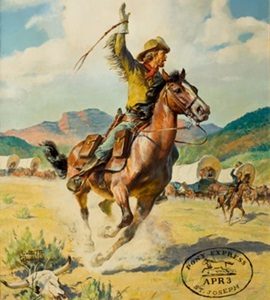
1860 – The first Pony Express mail, traveling by horse and rider relay teams, simultaneously left St. Joseph, MO, and Sacramento, CA.
Ten days later, on April 13, the westbound rider and mail packet completed the approximately 1,800-mile journey and arrived in Sacramento, beating the eastbound packet’s arrival in St. Joseph by two days and setting a new standard for speedy mail delivery.
Although ultimately short-lived and unprofitable, the Pony Express captivated America’s imagination and helped win federal aid for a more economical overland postal system.
It also contributed to the economy of the towns on its route and served the mail-service needs of the American West in the days before the telegraph or an efficient transcontinental railroad.
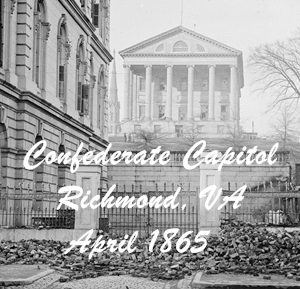
1865 – The Rebel capital of Richmond, VA, fell to the Union, the most significant sign that the Confederacy was nearing its final days.
For ten months, General Ulysses S. Grant had tried unsuccessfully to infiltrate the city. After Lee made a desperate attack against Fort Stedman along the Union line on March 25, Grant prepared for a major offensive. He struck at Five Forks on April 1, crushing the end of Lee’s line southwest of Petersburg.
On April 2, the Yankees struck all along the Petersburg line, and the Confederates collapsed.
During the evening, Confederate forces abandoned the city, allowing the Union troops to march in unopposed the following morning.
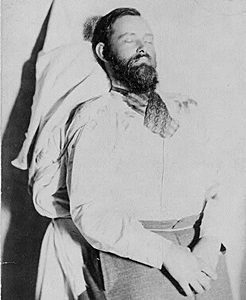
1882 – Jesse James, one of America’s most famous criminals, was shot to death by fellow gang member Bob Ford, who betrayed James for reward money.
For 16 years, Jesse and his brother, Frank, had committed robberies and murders throughout the Midwest.
After spending a few quiet years farming – following a botched Northfield, MN robbery – Jesse organized a new gang. Charlie and Robert Ford were on the fringe of the new gang.
What Jesse didn’t know was that Missouri Governor Thomas T. Crittenden had placed a $10,000 bounty on the James’ brothers, and had promised Ford a pardon if he killed Jesse.
While Jesse’s mother made breakfast, Charlie and Robert met with Jesse to hear his plan for the next robbery at the Platte City Bank in Missouri.
Or so the gang leader thought.
When Jesse turned his back to adjust a picture on the wall, Bob Ford shot him in the back of the head.
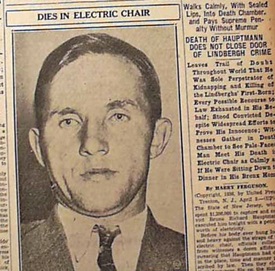
1936 – Richard Bruno Hauptmann, convicted in the 1932 kidnapping and murder of the 20-month-old son of Charles A. Lindbergh, was executed by electrocution at New Jersey State Prison.
In the years following the kidnapping, a number of people began to question Hauptmann’s guilt and the quality of the criminal investigation; Much of that criticism however, was likely motivated by opposition to Lindbergh following the public revelations of his Nazi sympathies.
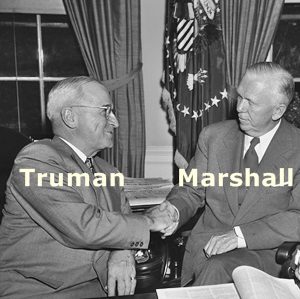
1948 – President Harry Truman signed the Marshall Plan, which allocated more than $5 billion in aid for 16 European countries.
The initiative was named after United States Secretary of State George Marshall, and had bipartisan support in Washington.
The Plan was largely the creation of State Department officials, and its purpose was to aid in the economic recovery of nations after World War II and to reduce the influence of Communist parties within them.
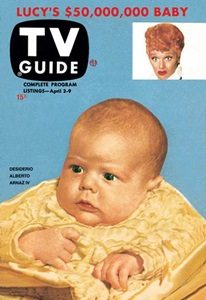
1953 – The first issue of TV Guide was published.
The cover featured the new born baby of actors Desi Arnaz and Lucille Ball.
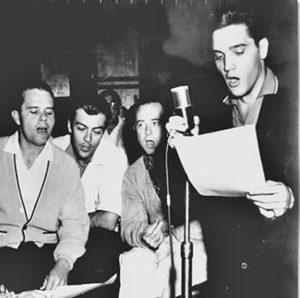
1960 – Elvis Presley recorded It’s Now Or Never at RCA studios in Nashville, Tennessee.
The tune for the song was based on the Italian song O Sole mio with new lyrics written by Aaron Schroeder and Wally Gold, which they wrote in 30 minutes.
The song would become the biggest selling single of Presley’s career.
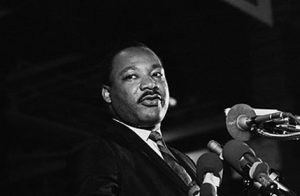
1968 – Dr. Martin Luther King, Jr. delivered his “I’ve Been to the Mountaintop” speech at the Mason Temple (Church of God in Christ Headquarters) in Memphis.
He was assassinated the next day.
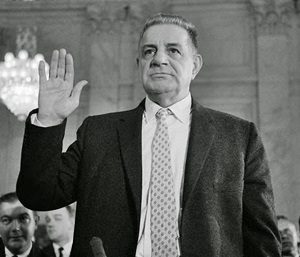
1971 – Joseph Valachi died of a heart attack at the Federal Correctional Institution, La Tuna, in Anthony, Texas. He was 66.
He was the first member of the Italian-American Mafia to acknowledge its existence publicly when he testified before the Permanent Subcommittee on Investigations of the U.S. Senate Committee on Government Operations in 1963.
Although Valachi’s testimony – which was broadcast on radio and television – never led directly to the prosecution of any Mafia leaders, he provided many details of history of the Mafia, operations and rituals; aided in the solution of several unsolved murders; and named many members and the major crime families.
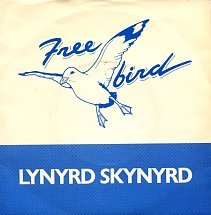
1973 – Lynyrd Skynyrd recorded the studio version of Free Bird at Studio One in Doraville, GA.
Released as a single off their Lynyrd Skynyrd (Pronounced ‘Lĕh-‘nérd ‘Skin-‘nérd) album in November 1974, the song peaked at # 19 in 1975.
An extended version of the song re-entered the charts in late 1976, eventually peaking at #38 in January 1977.
If you think I’m going to play the 1973 single version, you are sadly mistaken. 😉
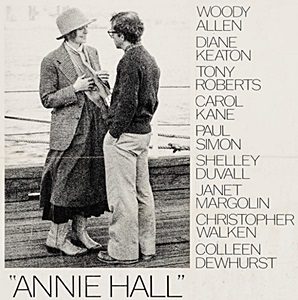
1978 – At the 50th Academy Awards, Annie Hall, Julia, and Star Wars dominated.
Annie Hall won Best Picture, Best Director (Woody Allen) and Best Actress (Diane Keaton).
Julia won for Best Supporting Actor (Jason Robards) and Best Supporting Actress (Vanessa Redgrave).
Star Wars, not surprisingly, swept the technical categories by winning 6 Oscars.
Richard Dreyfuss won the Best Actor award for The Goodbye Girl.
No Such Luck: The Turning Point set the record for the most nominations (11) without a win. The record, later tied by The Color Purple in 1986, still stands.
The (Inevitable) Political Moment: The awards show was notable for a very politically charged acceptance speech by Redgrave.
Later that night, multiple Academy Award winning screenwriter Paddy Chayefsky responded.
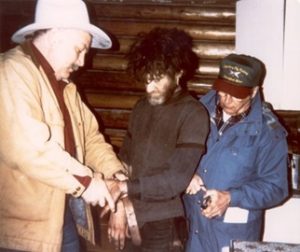
1996 – At a small wilderness cabin near Lincoln, Montana, Theodore John Kaczynski was arrested by FBI agents and accused of being the Unabomber, the elusive terrorist blamed for 16 mail bombs that killed three people and injured 23 during an 18-year period.
On January 22, 1998, Kaczynski pleaded guilty on all counts and was spared the death penalty. He showed no remorse for his crimes and five months later, he was sentenced to four life sentences plus 30 years.

2009 – Jiverly Antares Wong, a 41-year-old naturalized American citizen from Vietnam, opened fire at the American Civic Association immigration center in Binghamton, NY, killing 13 people (and wounding 4 more) before taking his own life.
Wong had been taking English classes at the center but dropped out because he felt “degraded and disrespected” for his poor English language skills and had difficulty in finding work.
After shooting two receptionists, Wong – armed with a 9mm Beretta and a .45-caliber Beretta – walked into his old classroom and opened fire. He killed or wounded everyone in the room before committing suicide.
Compiled by Ray Lemire ©2020 RayLemire.com / Streamingoldies.com. All Rights Reserved.